Representation of Dalit and marginalized communities in the Parliament shrinking
- Dignity Post
- 17-07-2023 04:02
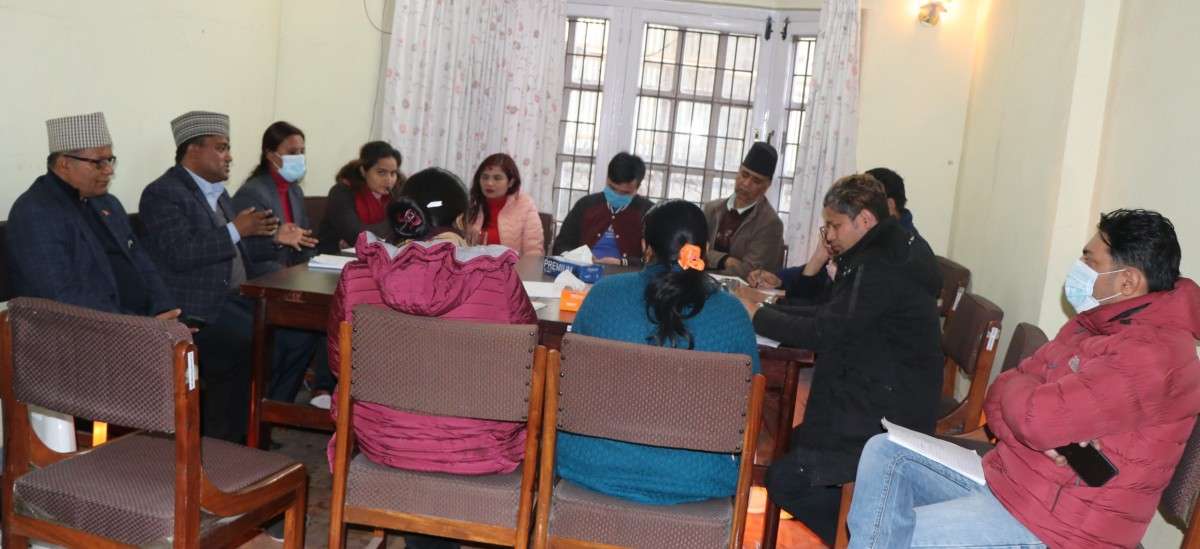
Representation of Dalit and marginalized communities in the Parliament shrinking
The representation of Dalit and other marginalized communities has been shrinking in the House of Representatives and Provincial Assemblies. Stakeholders have expressed serious concern over the decrease in their representation in the law-making bodies of the country. With the constant decrease in their representation, the issues of Dalits and marginalized communities would gradually be ignored in federal democratic Nepal.
Participants of an interaction on ‘Representation of Dalit, Women and Marginalised communities in House of Representatives and Provincial Assemblies’ organised by Jagaran Media Centre on Friday commented that the issues of those groups would be ignored with the significant decrease in their representation. From the First Past The Post election system only one member has been elected from the Dalit community which comprised 13 percent of total population of the country while only one marginalized Himali indigenous group has managed to make it to the House of Representatives while no one from the Muslim community having four percent of the total population was elected from FPTP election system. Among the 165 total members elected through the FPTP system, 94 represent Khas-Arya community, around 57 percent. This data shows that Brahmin Chhetri dominates the FPTP wins. Rights activists, who have been lobbying for the strengthening of Dalit and marginalized communities, have been worried by the results of the November 20 federal and provincial polls. Naresh Sob, Project Manager of the Feminist Dalit Organisation (FEDO), said Dalits are forced to remain in the lower positions as members due to the social structure. “Due to the reluctance of all the sections of the society to bring them to the leadership, Dalits have been suffering at the lowest positions,” Sob said. “We can see the effect now in the Parliament.” Executive Director of Jagaran Media Centre Bhim Bahadur Bishwokarma said it is essential to study why


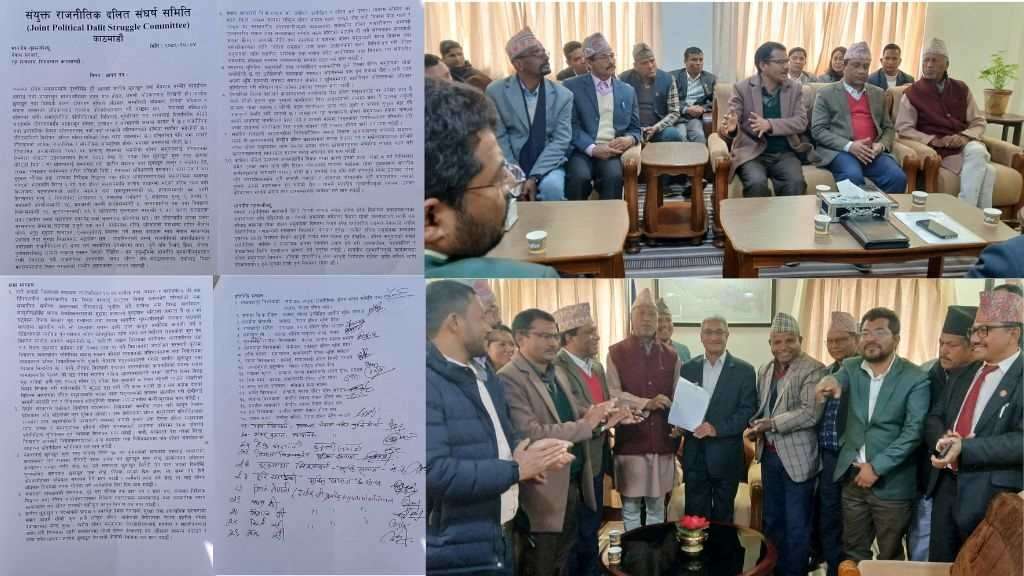
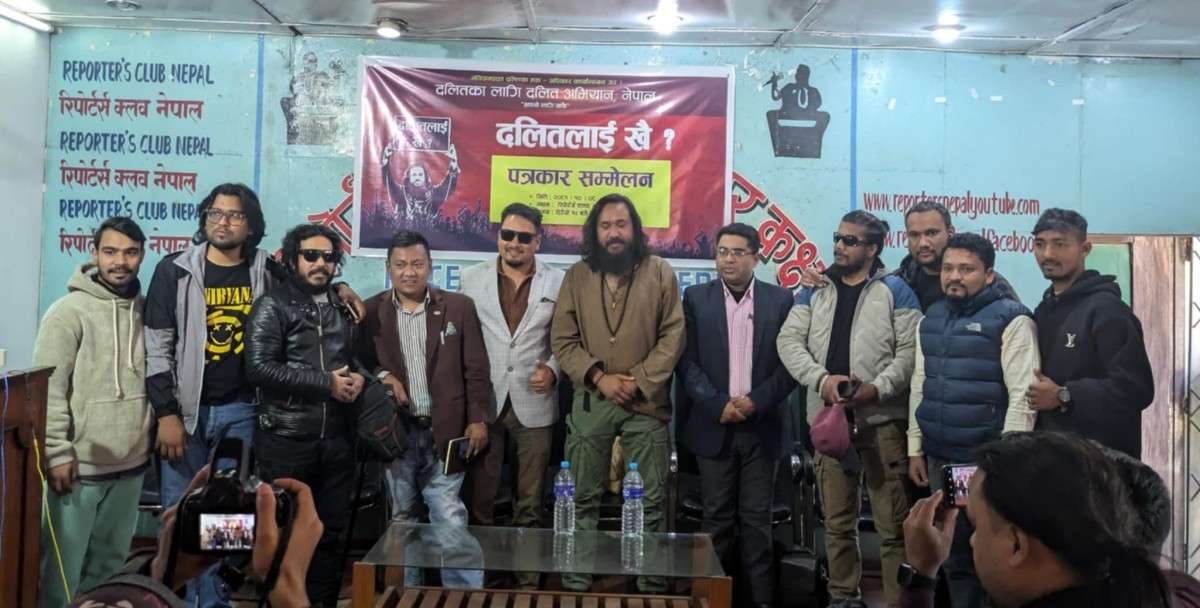
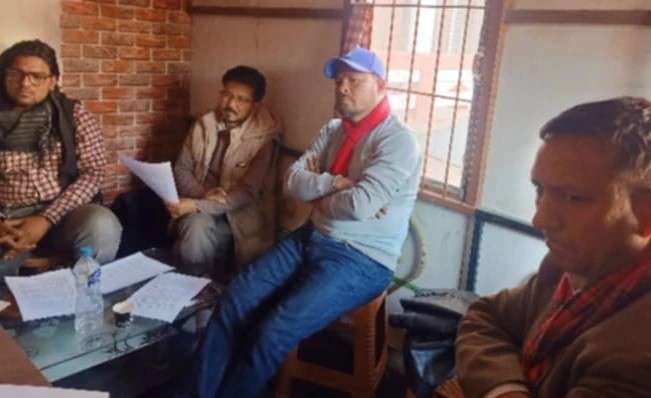
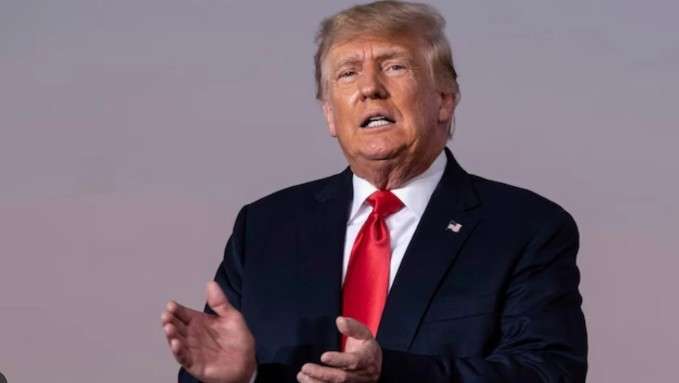
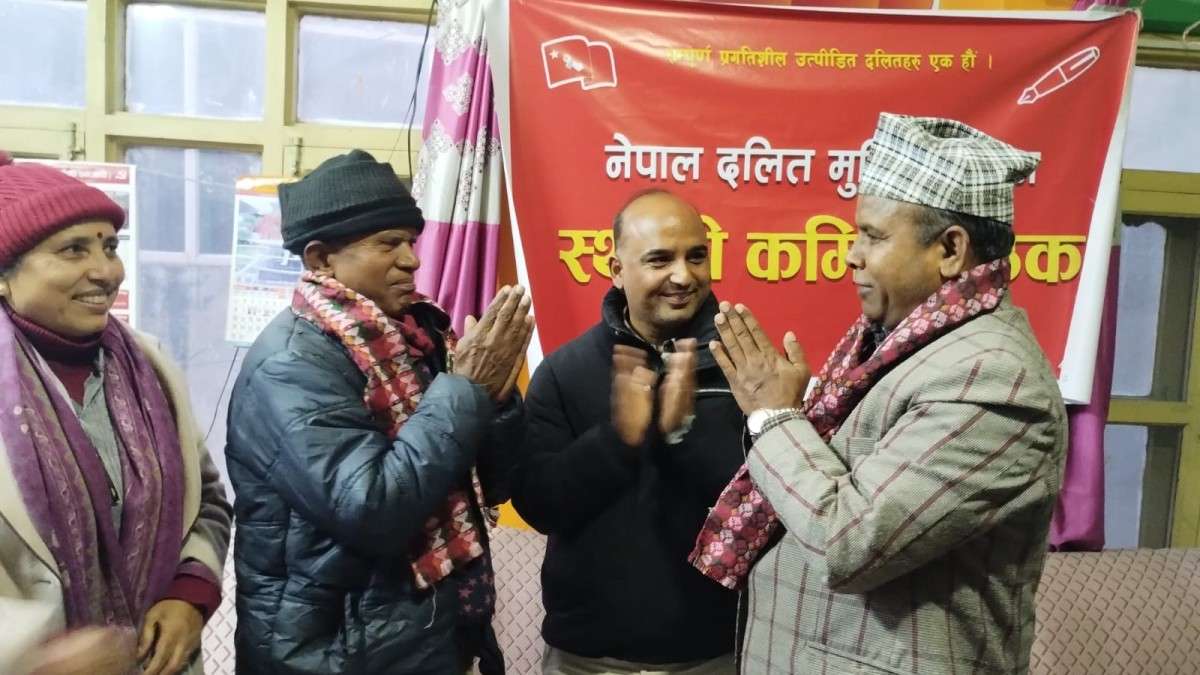
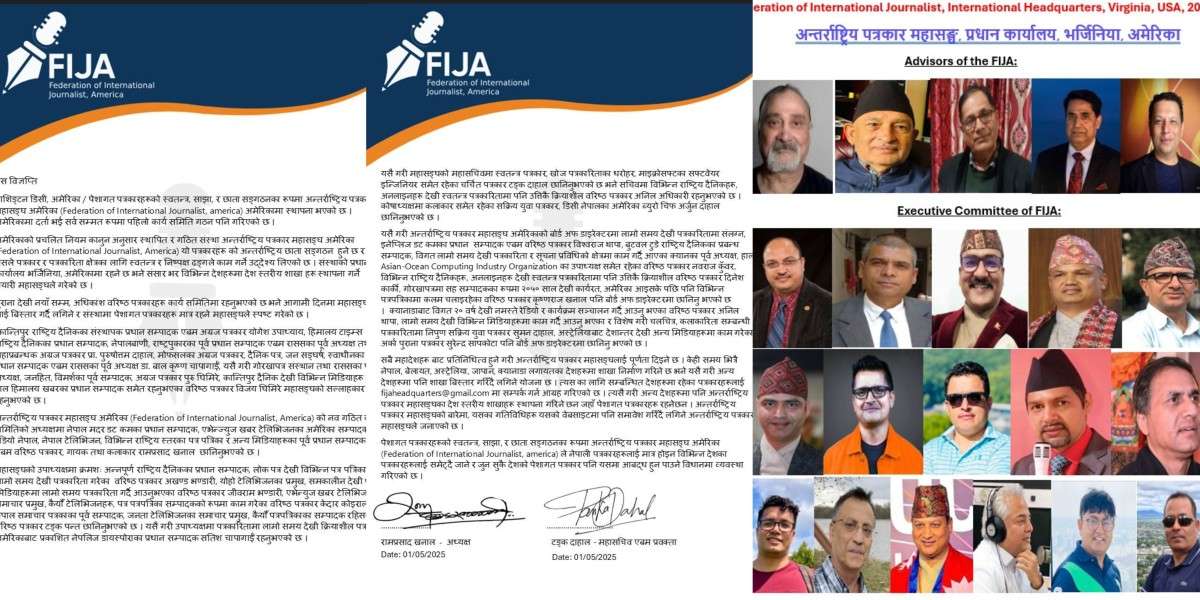



Conversation